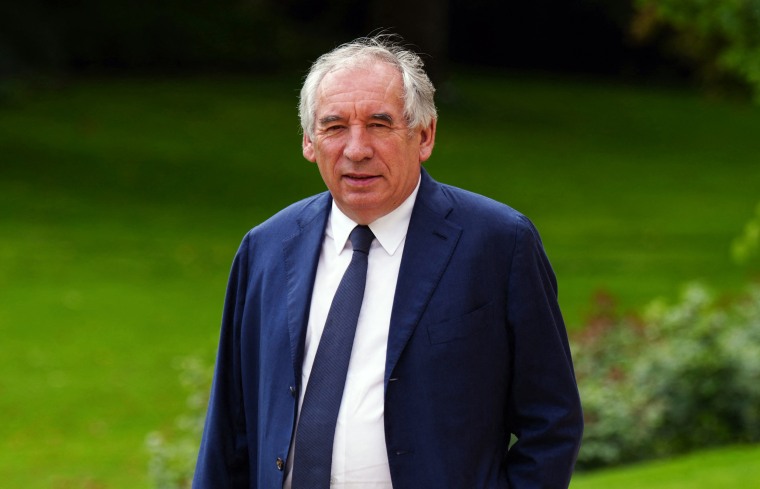
As he attempted to lead France out of political turmoil after an o-confidence vote that overthrew previous Prime Minister Michel Barnier’s cabinet last week, President Emmanuel Macron selected centrist supporter Francois Bayrou as the country’s next prime minister on Friday.
The 73-year-old founder of the Democratic Movement party, Bayrou, will now have to try to form a government capable of passing legislation in the same sharply split parliament that united in a rare show of solidarity to overthrow Barnier on December 5.
Addressing France’s failing economy and creating a budget that cuts costs and is approved by lawmakers will be his key responsibilities. This was a challenging undertaking that contributed to Barnier’s demise.
Three months after Barnier was chosen by Macron, he was removed, making him the prime minister with the shortest tenure in France.
With 331 politicians backing the motion—dozens more than were needed for it to pass—far-left and far-right lawmakers united in the National Assembly, France’s lower house of parliament, to vote overwhelmingly against him in a no-confidence vote.
The vote was held in the midst of growing indignation over Barnier’s attempts to use a constitutional tool that is seldom used to go around parliamentary consent in order to pass a contentious 2025 budget.
Marine Le Pen, the leader of the far-right National Rally and the author of the no-confidence vote that led to Barnier’s downfall, warned Bayrou not to follow in his footsteps and run the risk of suffering a similar fate.
“We ask him to undertake what his predecessor did not want to do: hear and listen to the opposition in order to construct a reasonable and thoughtful budget,” Le Pen stated in article X on Friday. “Any other policy that would only be an extension of Macronism, twice rejected at the ballot box, could only lead to impasse and failure.”
Over the next several days, Bayrou is likely to present a list of ministers, but it is unclear how he intends to handle the challenging political environment that overthrew Barnier.
After calling snaplegislative elections earlier this year, which sparked France’s current political unrest, Macron will be hoping Bayrou can prevent a similar result and no-confidence vote until at least July, the earliest France will be able to hold new parliamentary elections.
French voters rushed to the extremes during this summer’s elections, with Le Pen’s far right placing in a tight third place and the leftist coalition surpassing Macron’s centrists. Her National Rally secured the greatest share of seats in the party’s history.No party claims sufficient authority to hold a majority in the resultant legislature, which is sharply split between the left, center, and far right.
It is unclear if Bayrou will be able to get legislation forward that the divided house can support.
Macron’s position was unaffected by Barnier’s removal right away, but if France’s government were to come apart once more, his future as president would probably be called into question. In fact, several opponents have already called for Macron’s resignation in recent weeks.
Note: Every piece of content is rigorously reviewed by our team of experienced writers and editors to ensure its accuracy. Our writers use credible sources and adhere to strict fact-checking protocols to verify all claims and data before publication. If an error is identified, we promptly correct it and strive for transparency in all updates, feel free to reach out to us via email. We appreciate your trust and support!
